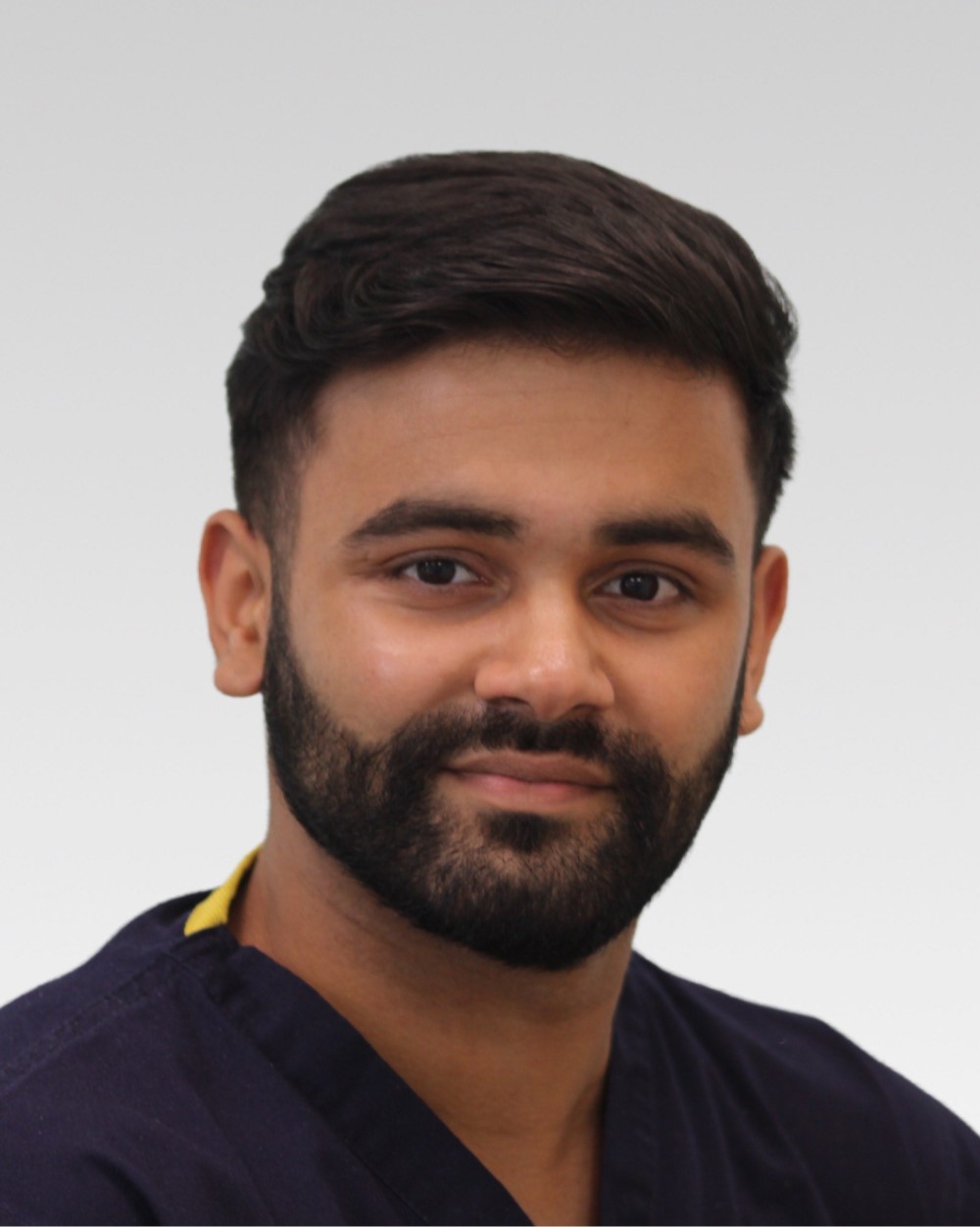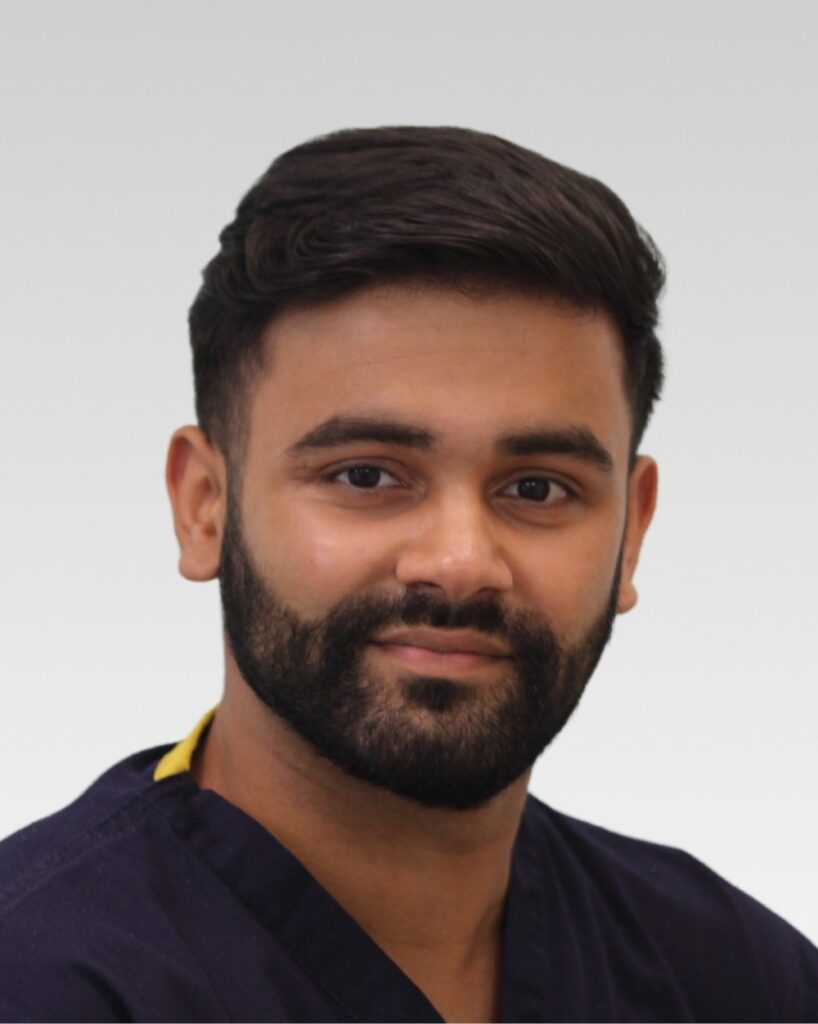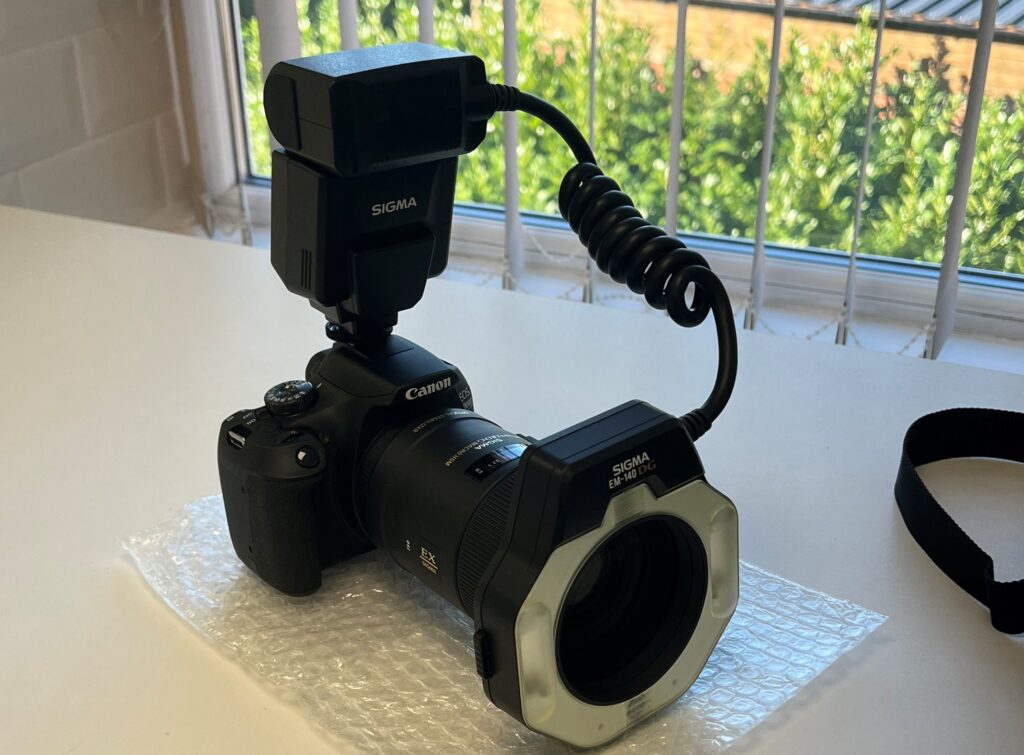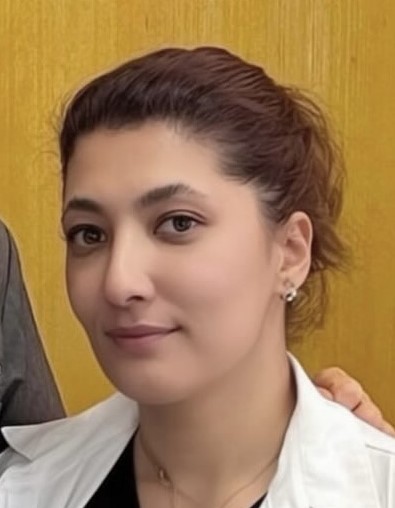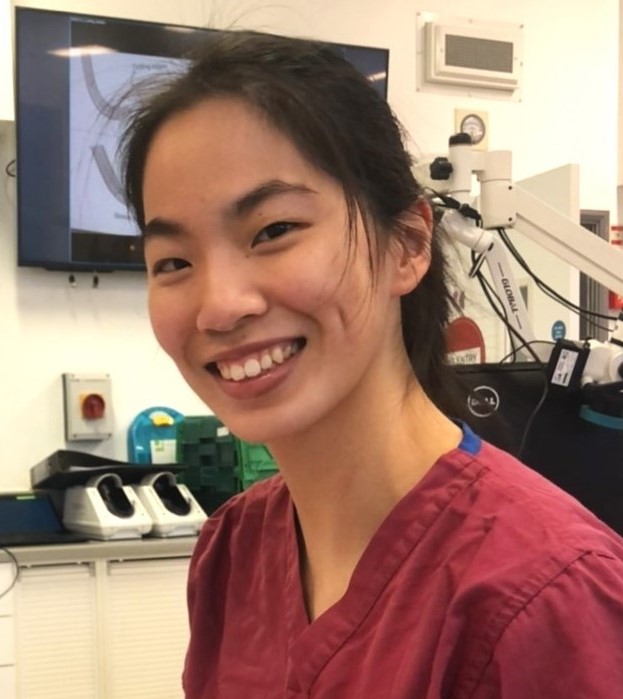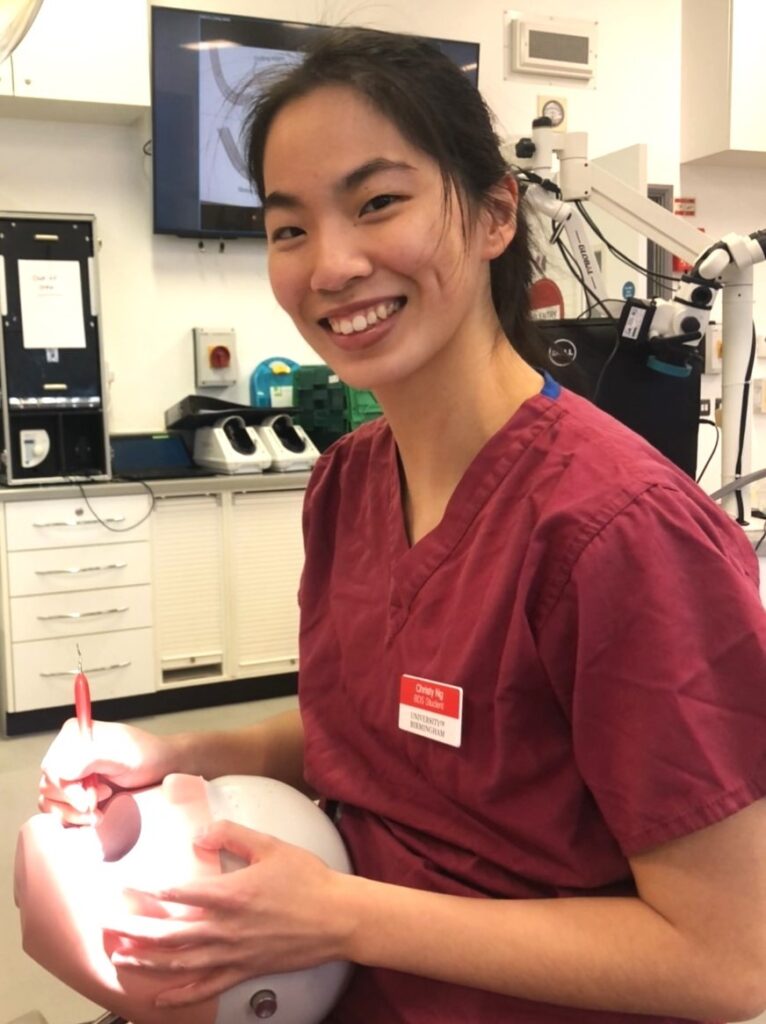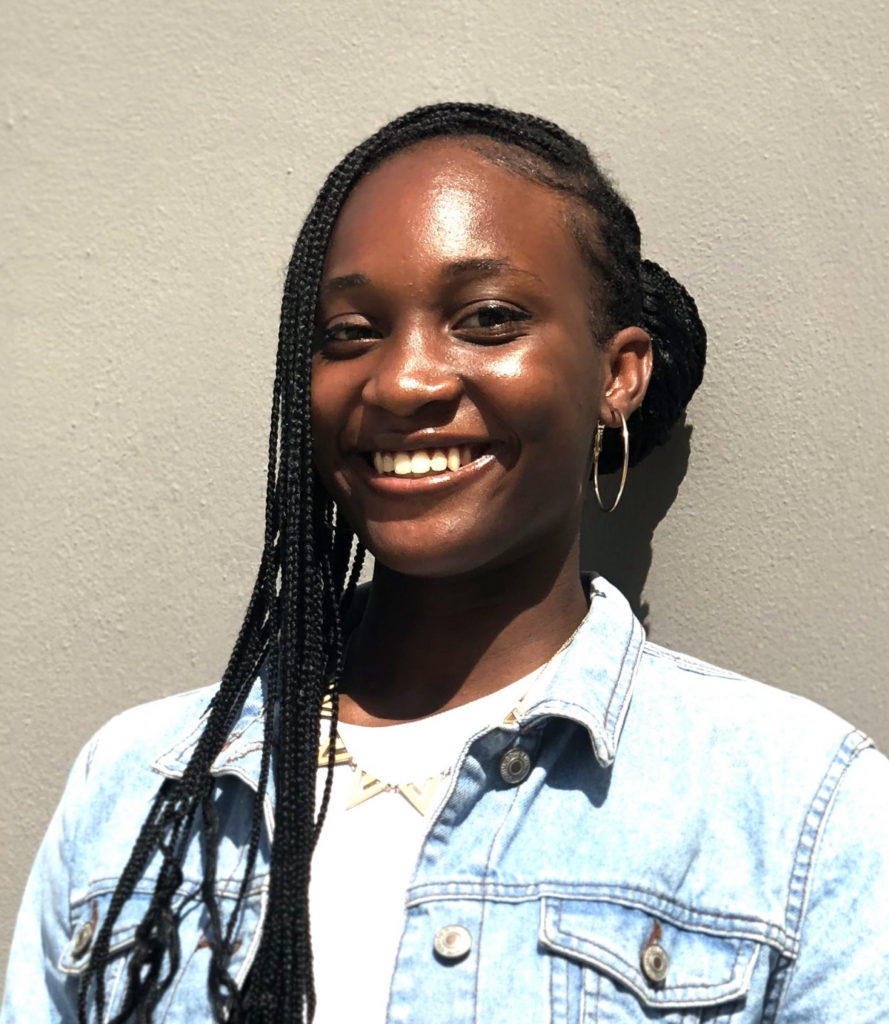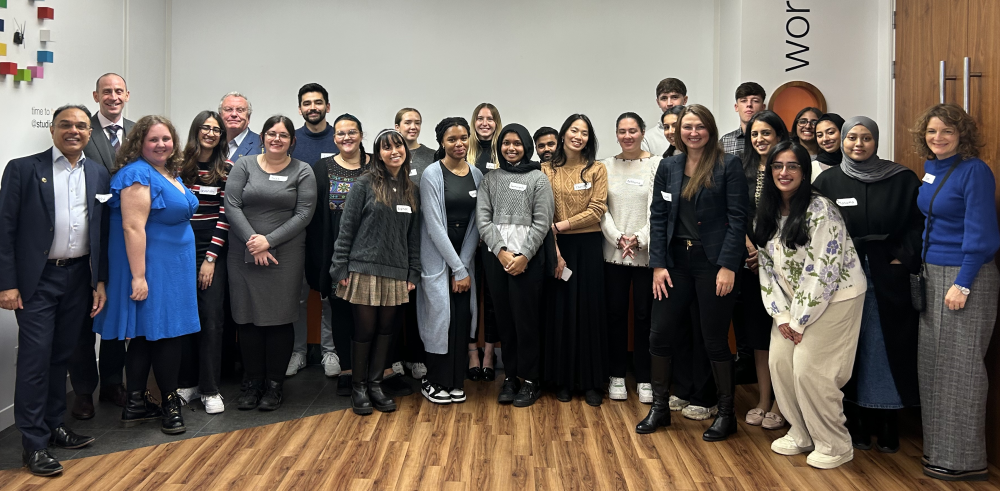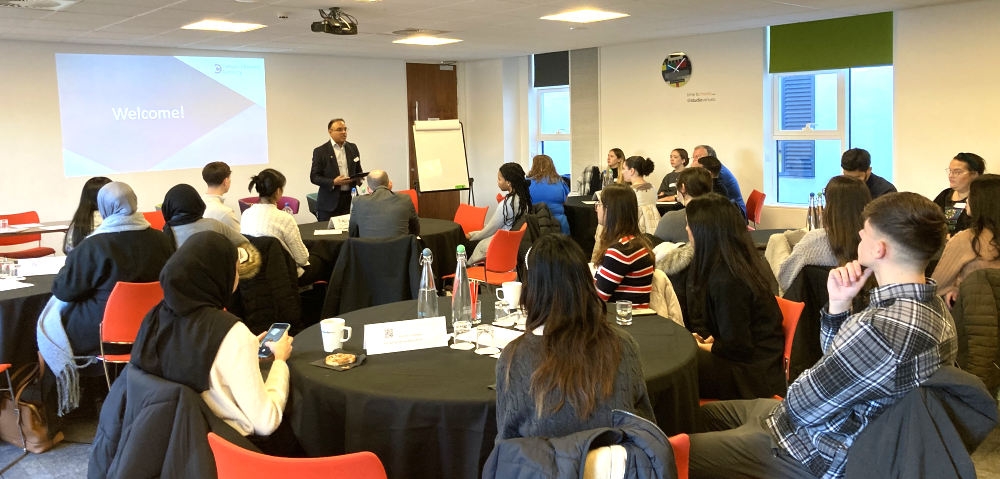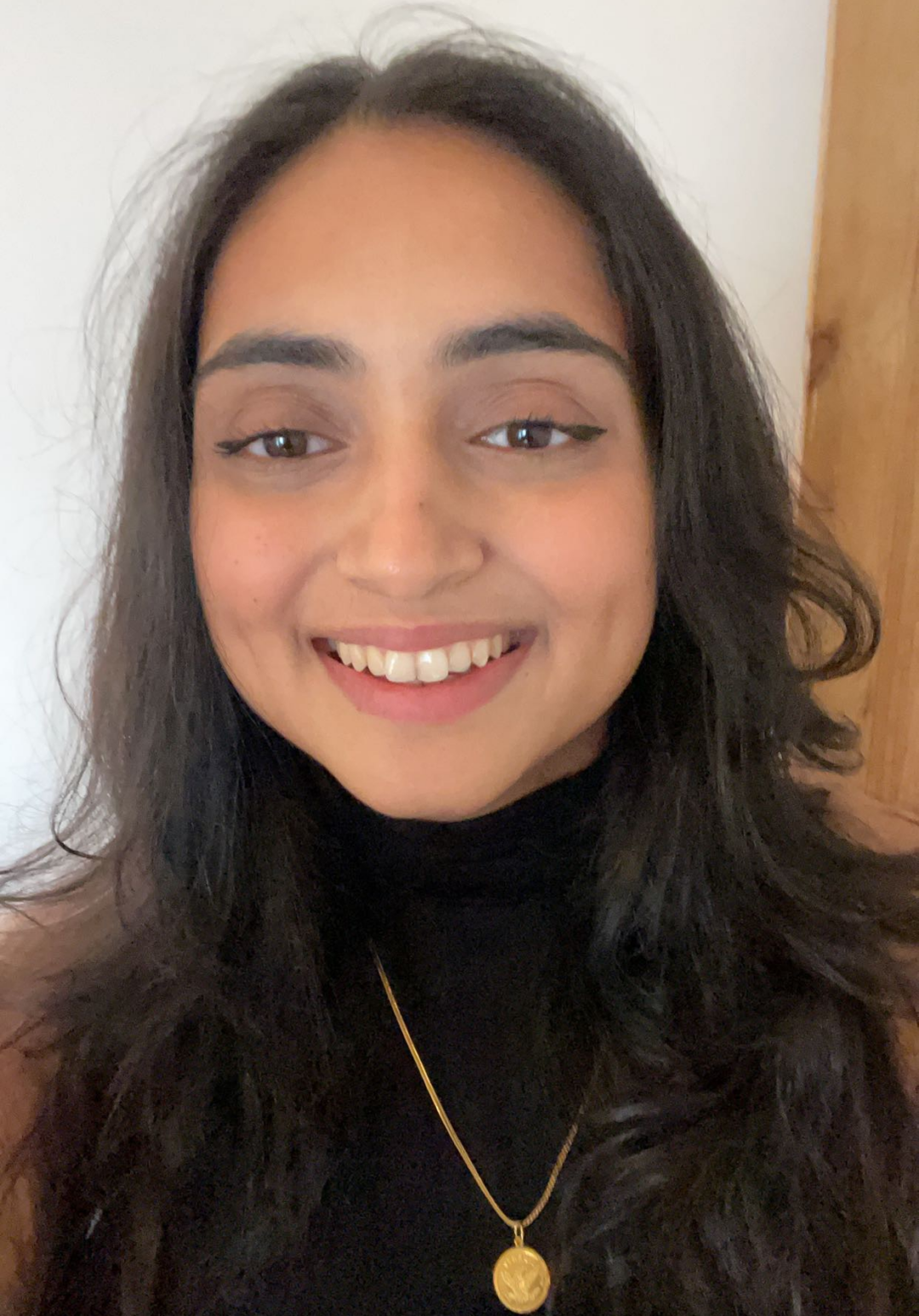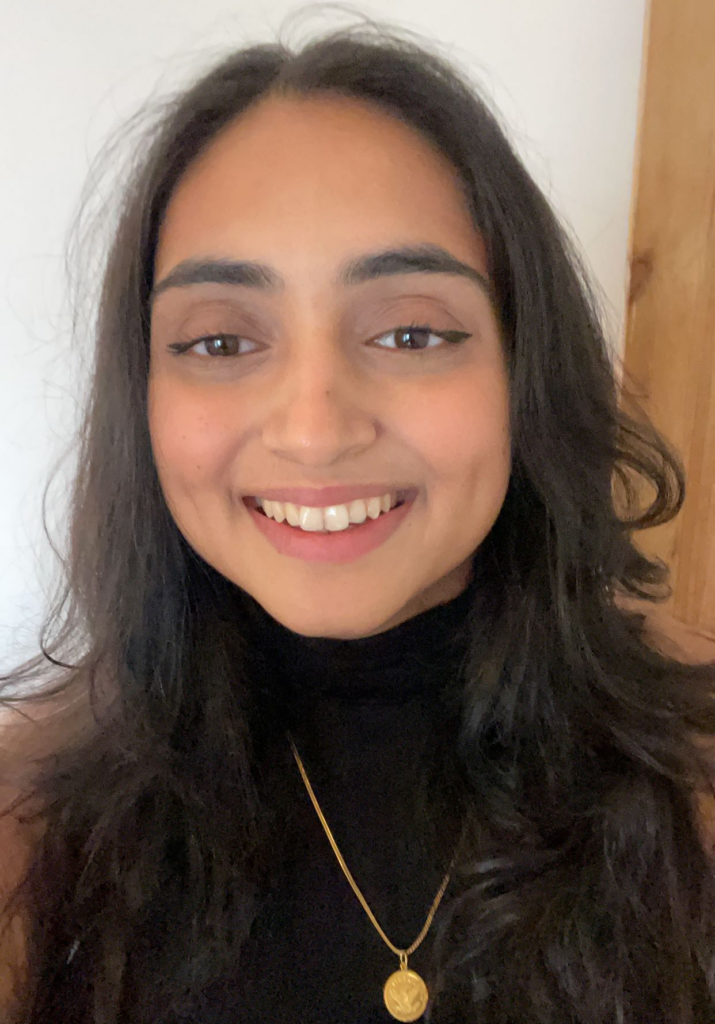CGDent NextGen Ambassador and 2024 BDS graduate from the University of Manchester, Dr Naeema Munshi, reflects on her experiences and offers advice to current students.

Embarking on the journey to become a qualified dentist is nothing short of memorable. Graduating this summer has given me time to reflect on my journey as a whole and come up with some of my own advice on how to navigate dental school. I’m hoping this blog will give an insight on what it’s like to be a dental student.
The academics
Dental school is known for its rigorous academic standards. From day one, we were plunged into an intensive curriculum that combines theoretical knowledge with practical skills. Lectures, EBL (enquiry based learning), clinical skills and laboratory sessions fill the weekdays, covering everything from anatomy and physiology to advanced dental techniques. In my first year I particularly enjoyed spending time in the dissection room learning anatomy.
As my degree was EBL based the workload was substantial, so managing time effectively and becoming an independent learner became an essential skill. Late-night study sessions in the library and revision sessions with friends became part of my weekly routine. Since it’s a lengthy degree, it’s easy to forget how much you’ve learned over the years and focus instead on the concepts you’re struggling with. My advice is to keep giving it your best and not be too hard on yourself because everyone will get there in the end. When exam season comes around the pressure can be intense, but the sense of accomplishment that comes from passing exams is incomparable.
Building lifelong friendships
Despite the demanding nature of the course, I found there is a strong sense of camaraderie among the students. The shared experiences, from the stress of exams to the pressure of clinical practice, creates a strong bond between us all.
The University I attended boasts a diverse student body allowing you to meet people from all over the world. I felt I was able to broaden my perspectives and gain an understanding of different cultures and backgrounds.
My university has partnerships with a number of dental schools around the world. These relationships gave me the opportunity to take part in the Stovit dental summer school at the university of Airlangga in Indonesia. The experience was a massive highlight of my university experience. I was able to fully immerse myself in a new culture and make friends with students from all over the globe, as well as discover how dentistry varies in different countries.

Overall one of the things I hold in the highest regard in relation to my university experience is the lifelong friendships I have made and the countless memories I’m left with.
Experiencing new things
For me life at university isn’t just about academics. It’s a time for personal growth and trying new things. My university, like many others, offered a countless number of extracurricular activities and societies. Whether you’re interested in sports, music, drama, or volunteering, there’s something for everyone.
Joining dental societies, for instance, provides opportunities for networking, attending professional events, and participating in outreach programs. I particularly enjoyed volunteering with Manchester Outreach Dentists and the Children’s outreach society.
Exploring Manchester
Wherever your university is you can have fun getting to know your new home! Manchester where I studied is a city brimming with life and culture. On weekends or after a long day of classes, there’s no shortage of places to explore. Personally I really enjoyed eating my way through the city, and discovering new cuisines.
Being a dental student is a journey filled with challenges, growth, and excitement. The studies will push you to your limits, but the friendships you forge, the new experiences you encounter, and the vibrant city you explore make it an unforgettable chapter of your life. It’s a place where you not only develop into a competent dental professional but also grow as an individual, ready to follow your dreams.
Author bio
“I studied the BDS at the University of Manchester, graduating in 2024, and during my final year I have been a CGDent NextGen Ambassador.
I have just started Dental Foundation Training in the North West of England, which is going well so far!
I enjoy meeting different people from all over the world, exploring new places and international cuisine.”
Naeema Munshi

Sign up to our monthly newsletter
Follow us on social media:


